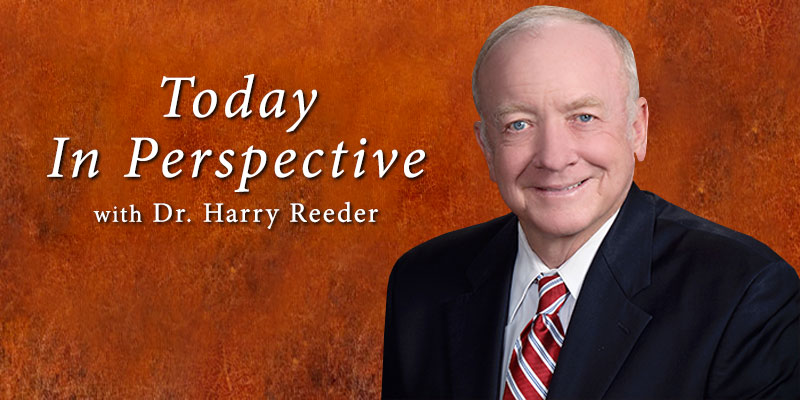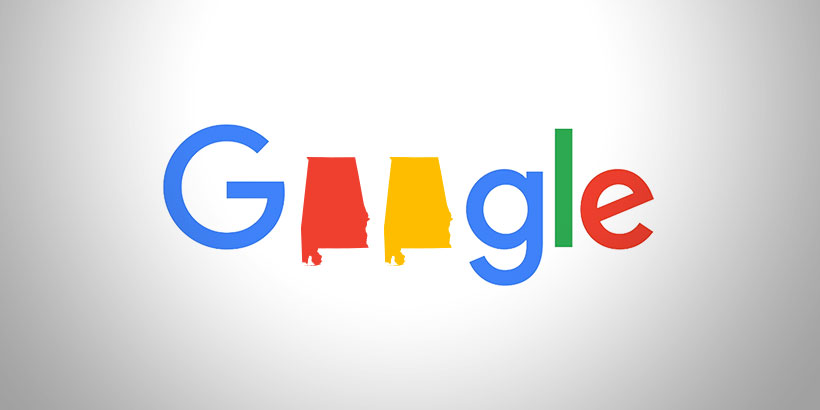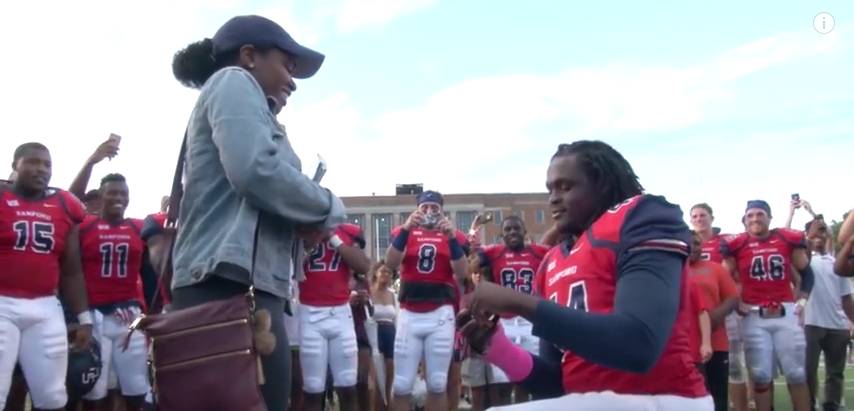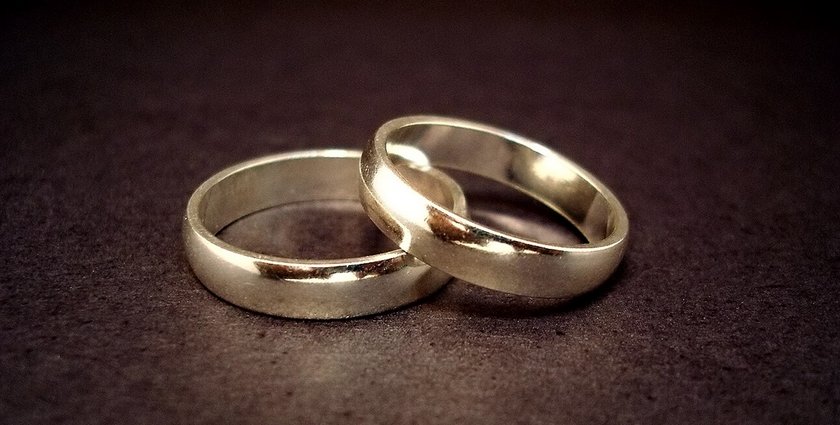Regardless of your opinion on the same-sex Marriage case, one cannot help but be endlessly frustrated at the blatant hypocrisy shown by the Justices on both sides of the bench.
Chief Justice Roberts, just yesterday a progressive hero, dissented because he believed that this “Majority’s decision is an act of will, not legal judgement” and stated, “This court is not a legislature.”
To observers of the court and logical consistency in general, these statements come as quite a surprise. In King v. Burwell and NFIB v. Sebelius, Roberts single-handedly rewrote the Affordable Care Act and now, by some glorious revelation, he is calling for the exercise of judicial restraint. His opinions do not even read like they came from the same Justice.
On the other side of the coin, Justice Antonin Scalia, who wrote brilliant dissents in both ACA cases, wrote today that the court striking down a law passed by elected state legislatures is “a threat to American Democracy.” On two different occasions, if Scalia had his way the ACA would be thrown out by the unelected power of the court that he seems to disdain at the present moment.
The contradiction is a clear as day.
That being said, the court came to the only just and legal conclusion I believe it could come to given the circumstances. The state bans on marriage for same-sex couples deprive them of liberty without due process of law and prevent them from receiving equal protection.
The Fourteenth Amendment to the constitution reads that no state shall “deprive any person of life, liberty, or property, without due process of law; nor deny to any person within its jurisdiction the equal protection of the laws.”
Marriage, in a legal sense confers a plethora of rights to individuals including taxation benefits; inheritance and property rights; rules of intestate succession; spousal privilege in the law of evidence; hospital access; medical decision-making authority; adoption rights; the rights and benefits of survivors; birth and death certificates; professional ethics rules; campaign finance restrictions; workers’ compensation benefits; health insurance; and child custody, support, and visitation rules that it would be unjust to exclude some from because of due process and equal protection.
As long as marriage is a government-controlled and regulated institution, it must be open to everyone because of its status fundamental right. Marriage as fundamental has been long established by the court, but there is much confusion as to whether “marriage” applies to two people of the same-sex. But the court made clear that at the heart of all of the marriage cases, the right to marry was upheld, not some other “new” marriage right. Loving v, Virginia did not ask about a “right to interracial marriage”; Turner v. Safley did not ask about a “right of inmates to marry”; and Zablocki v. Redhail did not ask about a “right of fathers with unpaid child support duties to marry.” Each case centered on the right to marry, asking if there was a sufficient justification for excluding the relevant class from the right.
At the end of the day, the government should have as little to do with marriage as possible. The government should issue civil unions as a legal contract for two willing individuals for tax, visitation and other miscellaneous legal purposes. At that point, it should be up to Churches and other private organizations to determine the meaning of that bond.
Marriage, for many people, is a religious covenant. Think of marriage like any other Biblical commandment. Take baptism for example. Many Christian denominations have different doctrines on this. Some are sprinklers, others are dunkers. No one wants the government defining what constitutes baptism. The definition of it is left to individual churches.
Other people may have been baptized (or not baptized at all) in a way we don’t agree with, but we still recognize it. It is the same for marriage. Why do we want the government telling us what marriage is? Sure, there needs to be some legal system of recognition, such as civil unions, but the definition of lifelong partnerships should be left to people themselves and their private associations.
The whole issue of marriage licenses could be summed up by the great conservative hero Ronald Reagan: the government in marriage is not the solution to the problem; government is the problem.












